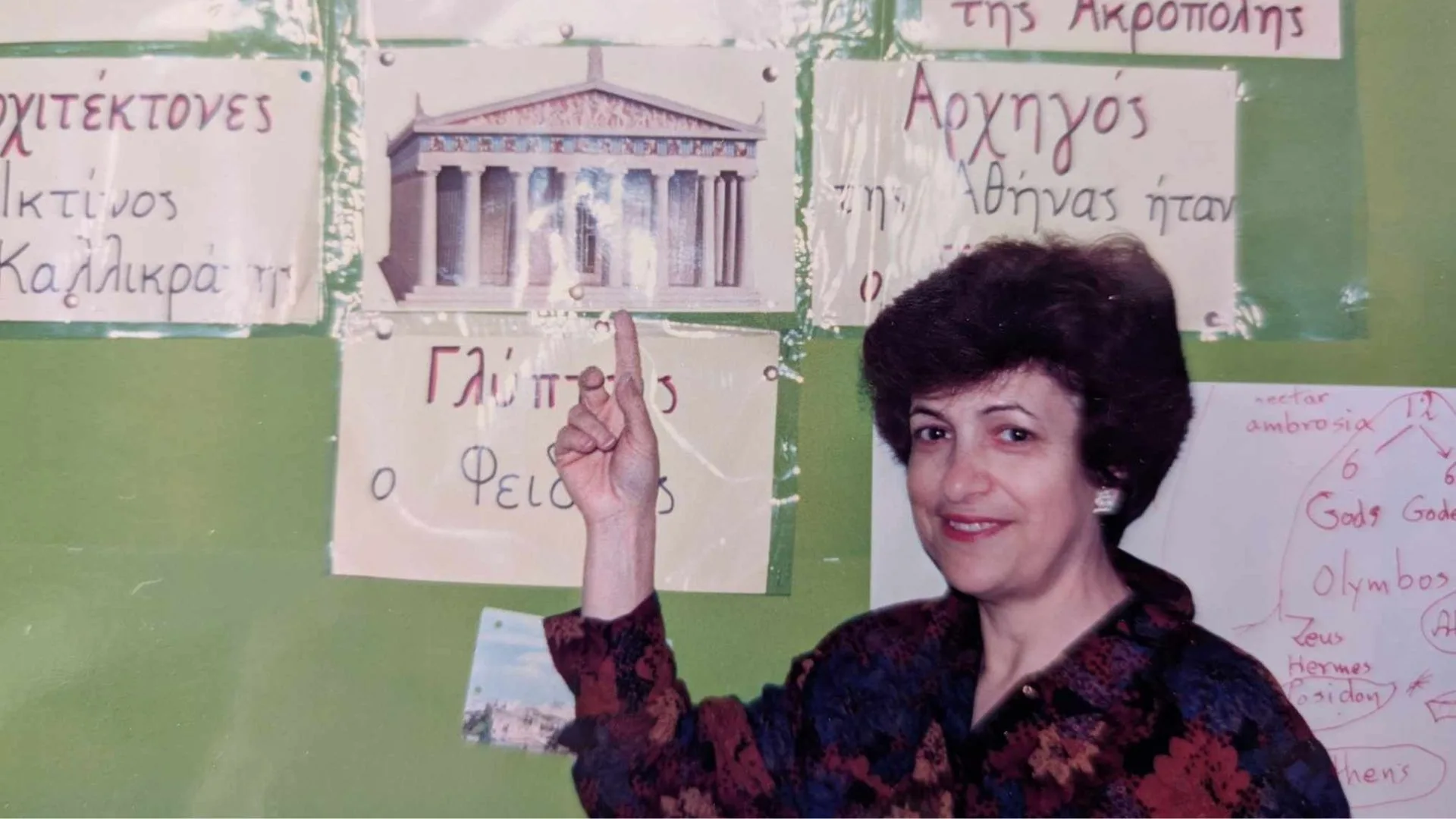My mother, the teacher, always reminded me we left Istanbul, where I was born, to come to Australia, for the sake of our language.
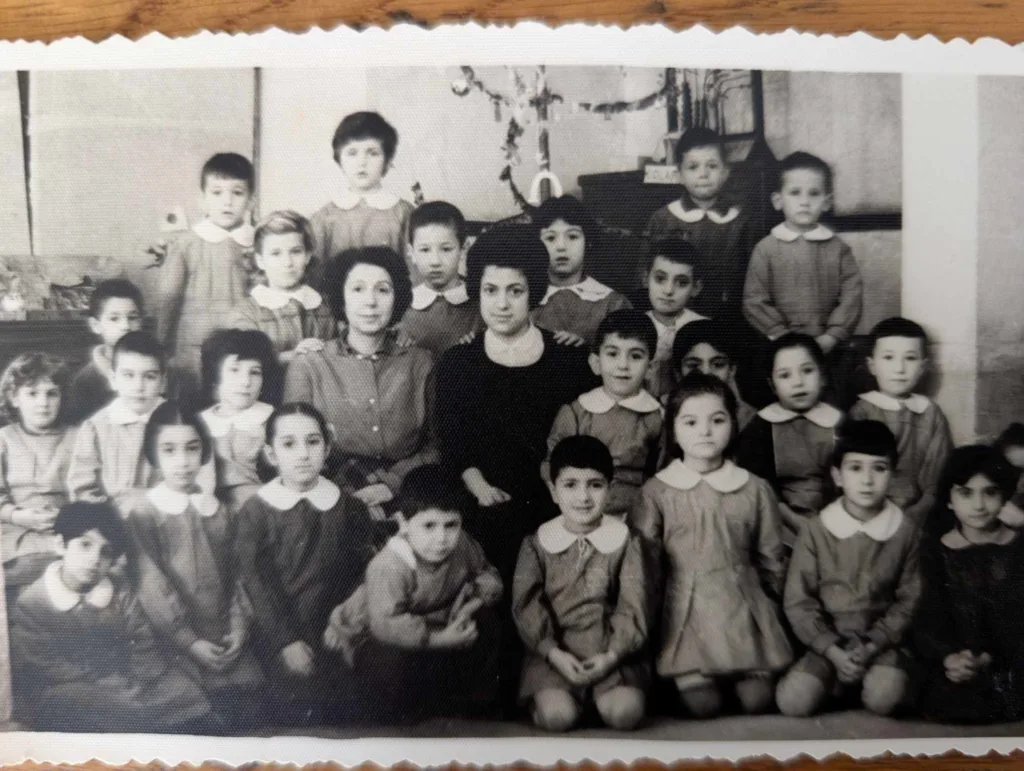
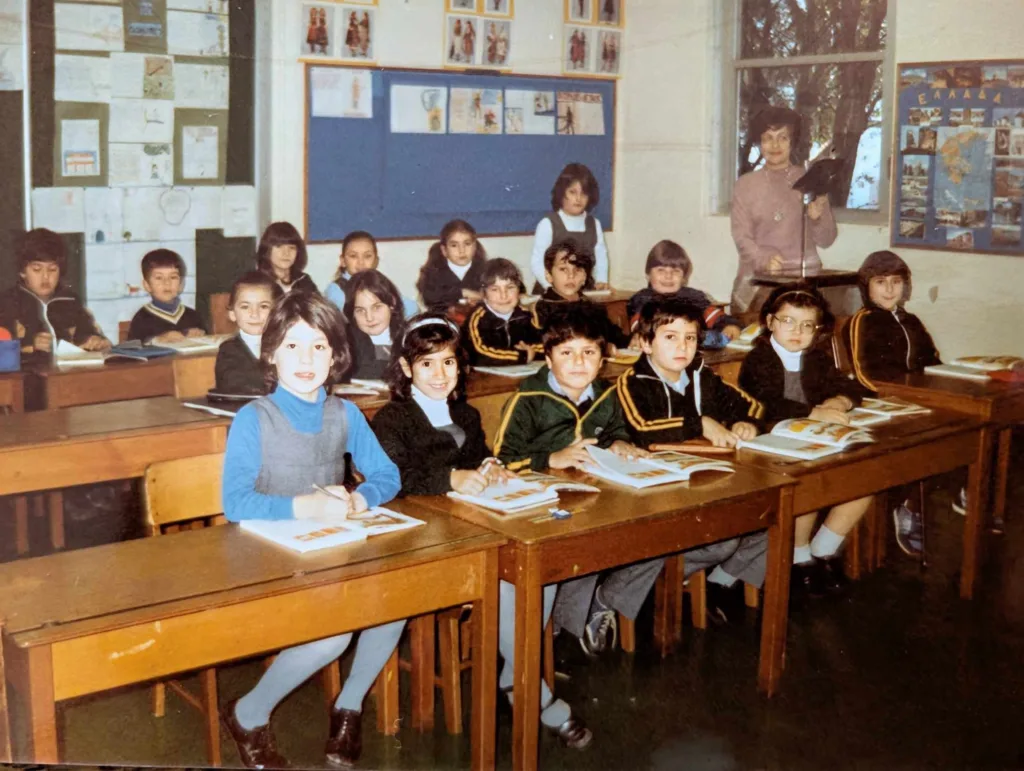
In Turkey back then, speaking Greek meant hushed tones; and cautious glances over our shoulders lest we be called giaours (non-believers). Despite this, for generations the Greek language survived – possibly as an act of defiance.
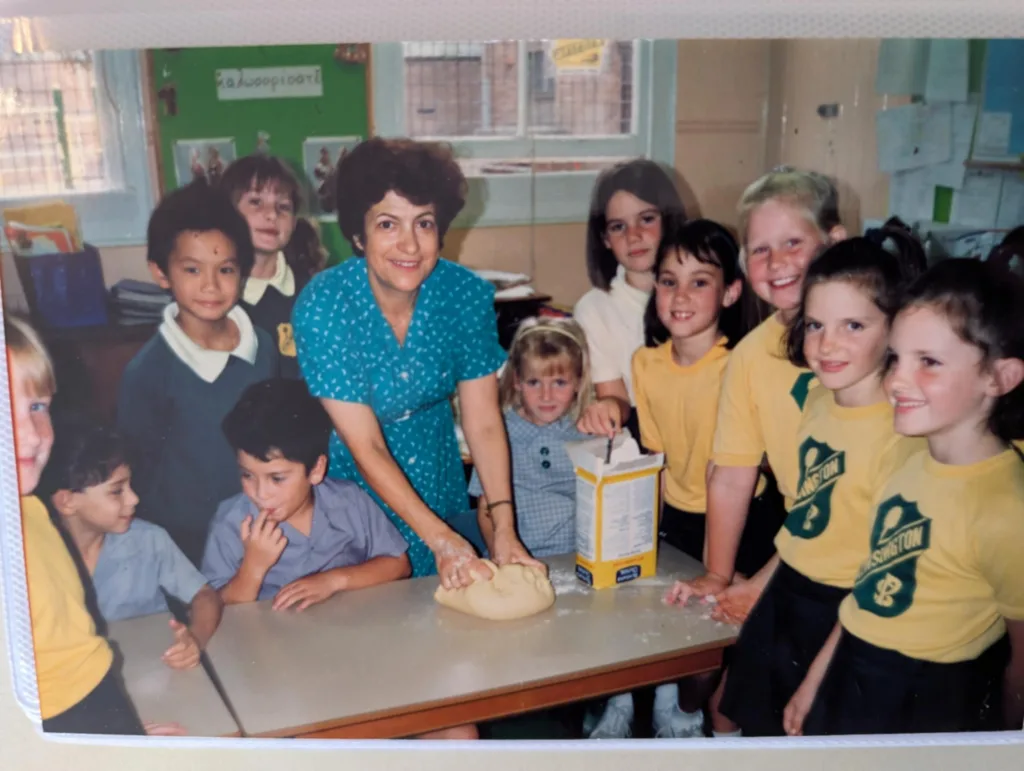
In our home, language was everything. My father’s Istanbul flavour of Greek was laced with centuries of Byzantine echoes. His heavy ‘l’ sound, clashed with my mother’s strict, formal instruction and efforts to be succinct – never forgetting all they had taught her at the Arsakeio Teachers Academy during the three years she lived in Athens. She also recalled Athenians labelling her τουρκόσπορη (Turkish seed) but that just made her more resolute – to succeed regardless of whether she was a ‘tourkospori’, ‘giaour’ or, later, ‘wog’.
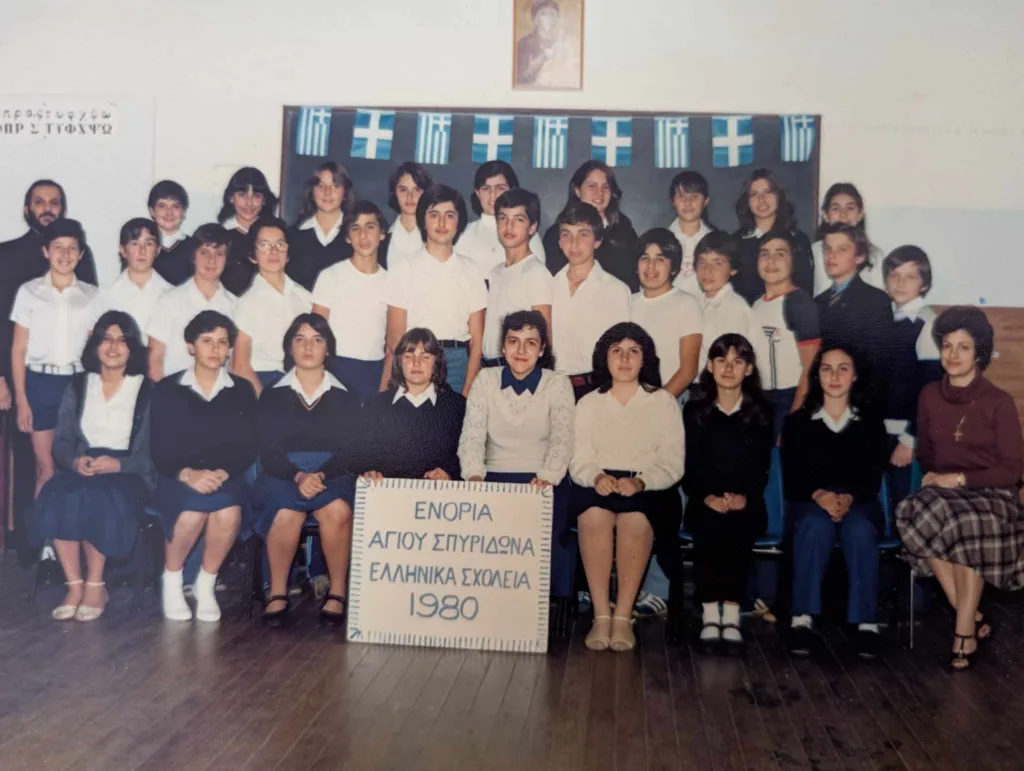
She was a teacher, a guardian of the polytonic system when it was still fighting the slow death of nuance. She mourned the day I partied at no longer having to learn those nasty accents – psili, daseia and perispomeni. Abolished finally, though she still made me learn them regardless in the hope that this decision would be revoked.
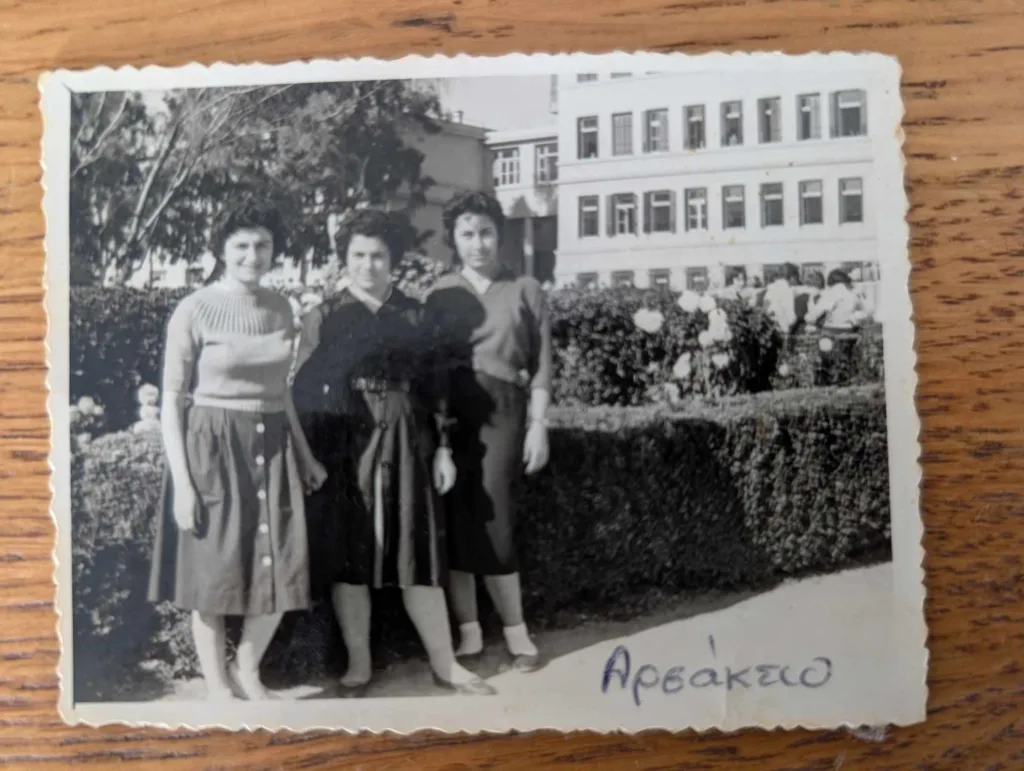
She hated “Gringlish” with a vengeance, that lazy mix of Greek and English, fearing we’d lose our native tongue if we weren’t careful.

Her fears seemed unfounded at the time, but – as in most things – she was infuriatingly right.
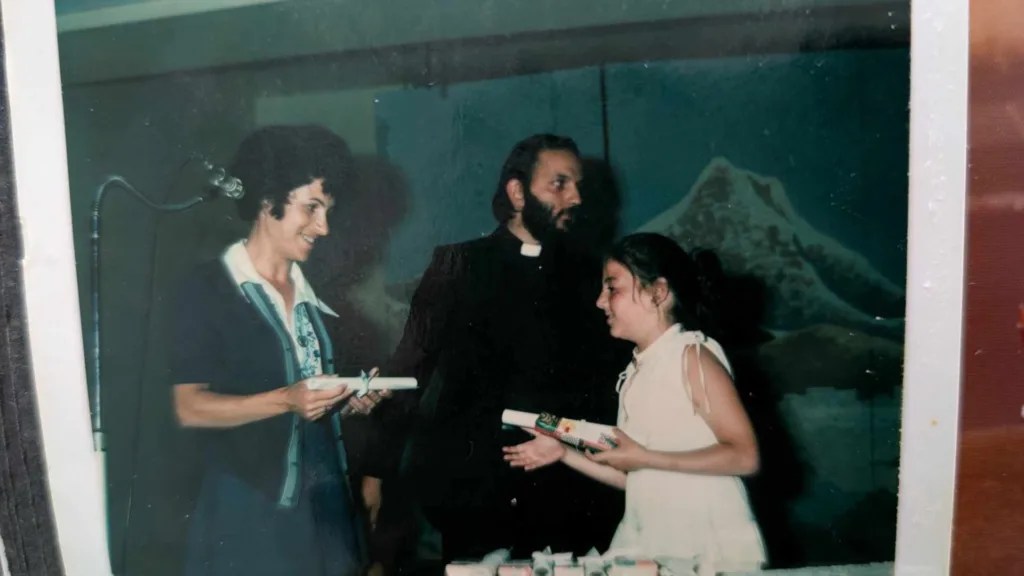
A language untended fades, slipping through the cracks of generations.
